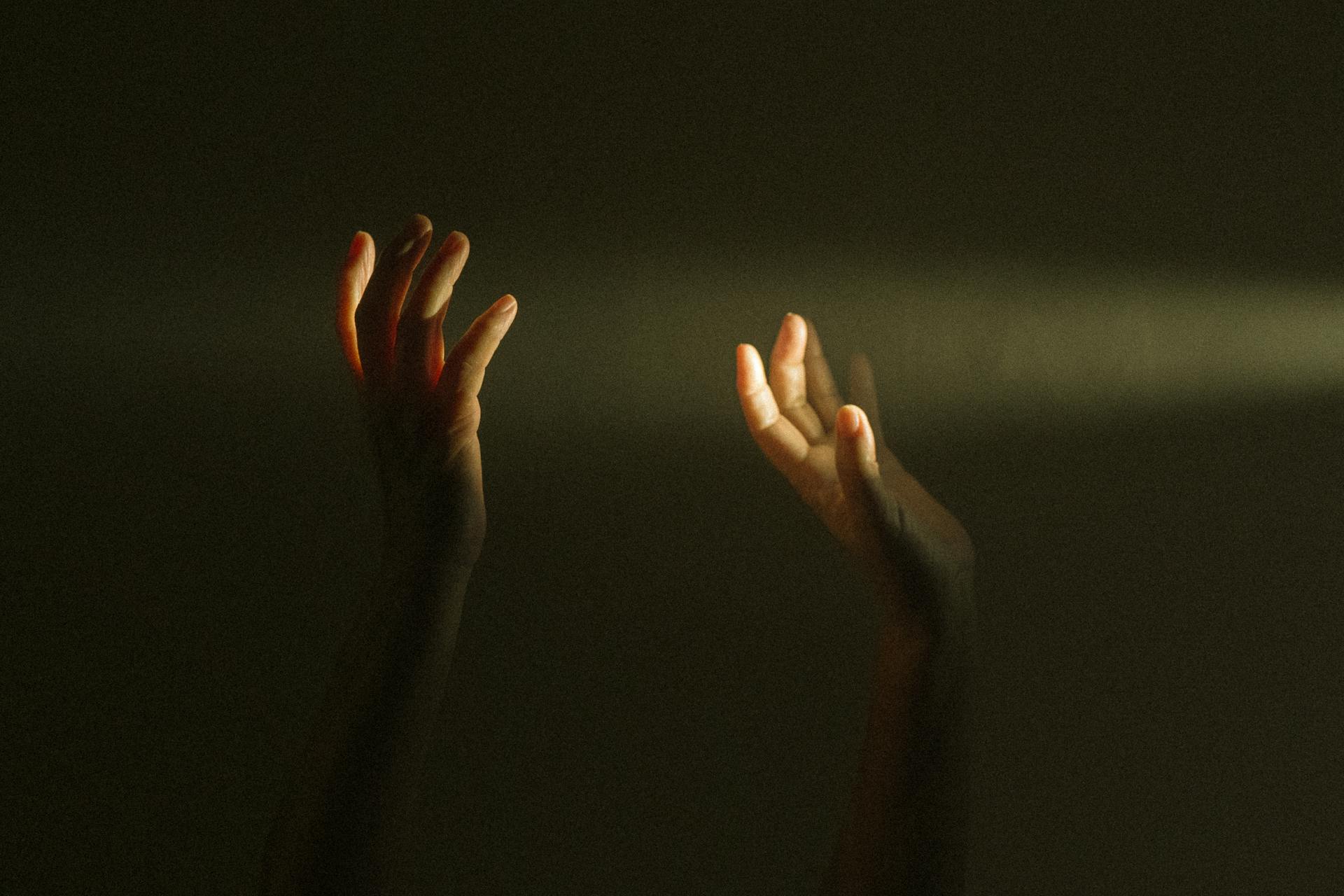
Originally published on Quora.
Healing. We hear the word so often — heal from heartbreak, heal from trauma, heal from loss — but if you’ve been through it, you know it’s never that straightforward. You don’t wake up one morning, stretch, and think, Great, I’m healed now. It’s not a switch that flips. It’s a journey, one that’s frustrating, uneven, and deeply personal.
And yet, people still ask me this all the time: How do I know if I’ve truly healed?
The truth? Healing doesn’t come with fireworks. It’s not loud. It doesn’t hand you a certificate. Instead, it creeps in quietly, in ways you don’t expect. The trick is to notice it.
When you’re in pain, everything feels like it belongs to that hurt. Songs remind you of them. Streets feel heavy with memory. Even random conversations can trigger the ache. You keep replaying the story, imagining how it could have ended differently, wishing you had done or said something else.
This is why healing feels so slippery. You expect it to feel like forgetting — like one day you’ll just stop caring. But that’s not how the heart works. Healing isn’t about deleting memories; it’s about changing your relationship with them.
You don’t forget. You stop bleeding.
Healing rarely feels like “I’m healed.” It feels more like noticing shifts in yourself over time. Small moments that, strung together, show you just how far you’ve come.
The story stops looping. You no longer spend hours replaying the same scenes in your head, trying to rewrite the ending.
Your worth feels separate. You stop tying your value to what they thought of you, or to what happened in that season of your life.
You can talk about it without shaking. The memory might sting, but it no longer breaks you down.
You don’t need to numb. The urge to escape with distractions, substances, or denial slowly loses its grip.
You remember differently. The memory shifts from being the whole book to just one chapter. It still exists, but it doesn’t define the story of you.
And maybe the quietest sign of all: you stop feeling the need to prove that you’re healed — not to yourself, not to anyone else. You just are.
Here’s something important: healing will not feel like a straight, upward line. You’ll have good days where you feel free, followed by bad days where you feel like you’re back at square one. That doesn’t mean you’re failing. That’s exactly how healing works.
Think about it like this: a physical wound itches when it heals. It looks worse before it looks better. Sometimes you even knock the scab off by mistake and it bleeds again. But that doesn’t mean your body isn’t doing the work. Emotional healing is the same. Every setback is still part of the process.
One of the biggest myths about healing is that it means you’ll forget the person, or the event, or the season that hurt you. That’s not true. Healing doesn’t erase — it reframes.
It’s when the wound becomes a scar. Still there. Still a part of you. But no longer raw, no longer dictating your every move. A scar tells you, Yes, I’ve been hurt. But I’ve also survived.
Time is a powerful part of healing — but time alone isn’t enough. You also need intention. Healing is about the choices you make along the way:
To face the pain instead of running from it.
To let yourself grieve without shame.
To talk about it instead of bottling it.
To rebuild your routines even when you don’t feel like it.
To choose kindness toward yourself when the old voices of blame try to creep back in.
Healing is not about becoming a new person overnight. It’s about choosing, in small ways every single day, not to let the old wound control your present.
Here’s the truth: you won’t know the exact moment you’ve healed. There won’t be a grand announcement. But one day, you’ll notice something small — a song won’t sting anymore, a memory won’t derail your entire day, you’ll laugh genuinely without guilt.
That’s when you’ll realize: the thing that once broke you doesn’t own you anymore. It’s part of your story, but it no longer writes your story.
So, how do you know when you’ve truly healed? You know it when your past no longer feels like your prison. You know it when you can remember without being pulled back into the same pain. You know it when you stop asking, “Am I healed yet?” and simply start living.
Healing isn’t loud. It’s not glamorous. It’s not quick. But it is real. And when it comes, it will not just patch you up — it will reshape you into someone wiser, stronger, and more capable of love than you ever thought possible.
You must be logged in to post a comment.